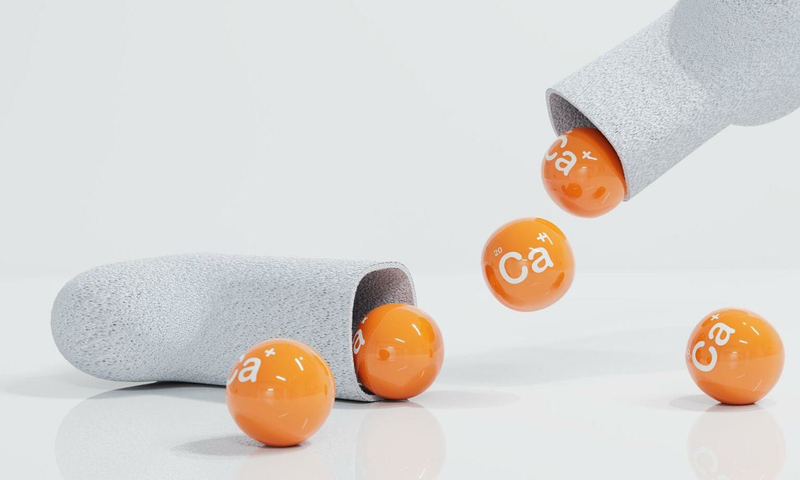Vitamins, minerals in general or vitamin D3 and calcium in particular are essential for the development of young children. So can vitamin D3 be taken with calcium? What should be noted when supplementing calcium and vitamin D3 for children?
Children’s vitamin D3 and calcium needs
Before finding the answer to the question “Can vitamin D3 be taken with calcium?”, let’s review the mineral and vitamin needs of children! According to recommendations, depending on the child’s stage of development, the amount of vitamin D3 and calcium that children need to supplement is different.
Children’s calcium needs
Children’s calcium needs vary depending on age as follows:
- Children under 6 months old: Need to supplement 300mg per day;
- Children from 7 to 12 months old: Need to supplement 400mg per day;
- Children from 1 to 3 years old: Need to supplement 500mg per day;
- Children from 4 to 6 years old: Need to supplement 600mg per day;
- Children from 7 to 9 years old: Need to supplement 700mg per day;
- Children from 10 years old: Need to supplement 1000mg per day;
- Children from 11 to 24 years old: Need to supplement 1200mg per day.
In addition, when the child is still breastfeeding, the mother needs to ensure the necessary amount of calcium so that the milk is highly nutritious, helping the baby develop in the best way. Mothers need to supplement foods such as almonds, cereals, green vegetables to provide the necessary amount of calcium for the body. For children who have adopted a non-dairy diet, parents should feed their children foods containing calcium. If children have poor absorption and cannot absorb enough calcium from food, parents can give their children functional foods to provide the necessary amount of calcium for their development.
According to nutrition experts, parents should give their children calcium supplements in the morning, about 30 minutes after eating. Because this is the time when children can absorb calcium best, and at the same time create a source of energy for children to be active all day. After supplementing calcium, parents should encourage their children to exercise so that the calcium they have just supplemented has time to metabolize most effectively.

Children’s calcium needs vary according to different ages.
Children’s vitamin D3 needs
Although vitamin D3 is on the list of supplements that do not require a doctor’s prescription. However, when supplementing for children, parents should also follow the recommended dosage to avoid excess vitamin D causing constipation, nausea, dry mouth, etc. Vitamin D3 dosage for children is as follows:
- Babies who are exclusively breastfed: Need to supplement 400 IU per day.
- Children who are both breastfed and formula-fed: Need to supplement 400 IU per day.
- Children who drink formula with a dose of less than 1 liter of milk per day: Depending on the amount of vitamin D3 already in the formula, parents should consider supplementing vitamin D3 for their children accordingly.
- Children who drink formula with a dose of more than 1 liter of milk per day: No need to supplement vitamin D3 because the milk already contains enough vitamin D3 that children need.
- Children diagnosed with vitamin D3 deficiency: Children can be supplemented with 1000 IU per day (consult a doctor).
Vitamin D3 is known as a fat-soluble vitamin. Therefore, parents should give their children vitamin D3 during meals to help them absorb it better. In addition, children should be exposed to sunlight in the morning to help their bodies synthesize vitamin D better!
Can vitamin D3 be taken with calcium?
When giving children vitamin D3 and calcium supplements, many parents often wonder “Can vitamin D3 be taken with calcium?”. The current line of calcium mineral supplements on the market all contain vitamin D3. This means that when giving children calcium supplements, mothers are also giving their children vitamin D3 supplements.








